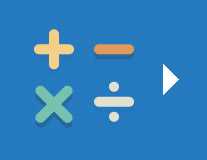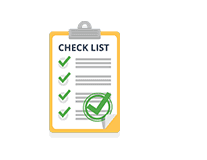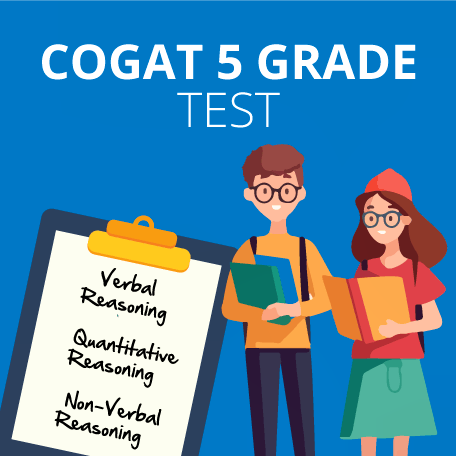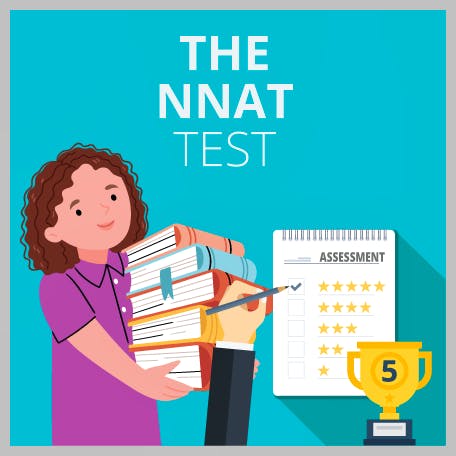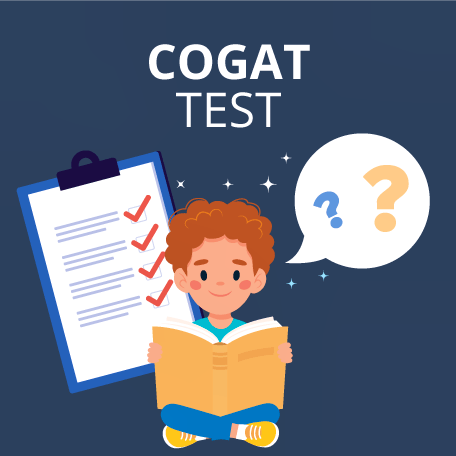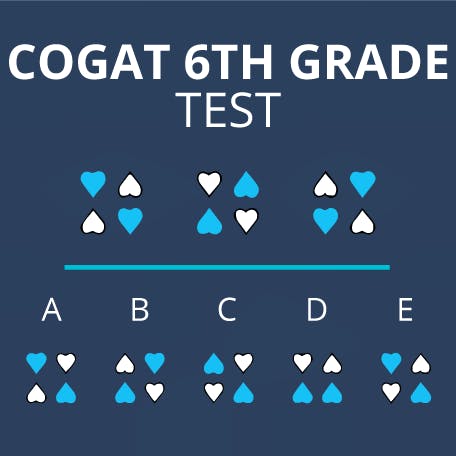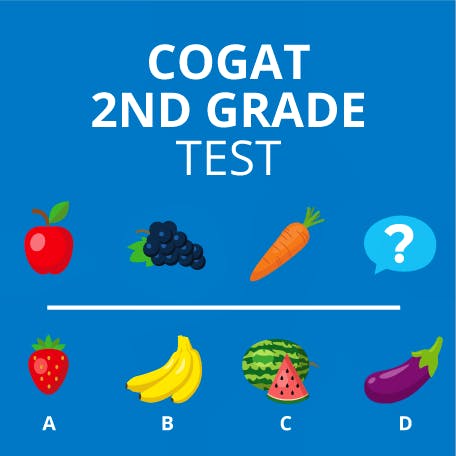CogAT Kindergarten Test – A Comprehensive 2025 Study Guide
Updated June 4, 2024
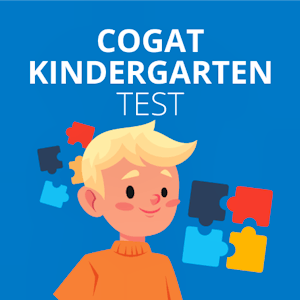

The CogAT Kindergarten Test is an assessment designed to measure a child's abilities in various cognitive areas.
It plays a critical role in identifying a child's strengths and weaknesses and determining their readiness for advanced academic programs.
In this comprehensive study guide for 2025, you will explore the purpose, format, and structure of the CogAT Kindergarten Test.
Additionally, you will get valuable insights on how to prepare your child for the test, sample questions to familiarize yourself with the test content, strategies for success and answers to frequently asked questions.
Understanding the CogAT Kindergarten Test: Purpose, Format, and Structure
The purpose of the CogAT Kindergarten Test is to assess a child's cognitive abilities in areas such as verbal, quantitative, and nonverbal reasoning.
By evaluating these different components, the test provides educators and parents with valuable information about a child's potential and can help guide educational decisions.
The test is typically administered in a group setting and consists of several subtests, each assessing a different cognitive domain.
These subtests include verbal classification, quantitative relations, and nonverbal reasoning. The CogAT Kindergarten Test does not require reading or writing skills, making it suitable for young children.
Understanding the format and structure of the test is crucial for effective preparation. Each subtest includes a series of questions, and children are given a specific amount of time to answer as many questions as possible.
The questions become progressively more challenging, allowing the test to capture a range of abilities. It is essential for children to be comfortable with the test's timing and question types to maximize their performance.
Furthermore, the CogAT Kindergarten Test aims to provide a comprehensive evaluation of a child's cognitive skills beyond what traditional academic assessments measure.
This includes assessing a child's ability to think critically, solve problems, and adapt to new situations. The test is designed to identify gifted students who may excel in areas not typically captured by standard tests.
Additionally, the results of the CogAT Kindergarten Test can be used to inform instructional strategies and tailor educational programs to meet the specific needs of each child. Educators can use the detailed insights gained from the test to create personalized learning plans that cater to a child's strengths and areas for growth.

How to Prepare Your Child for the CogAT Kindergarten Test
Preparing your child for the CogAT Kindergarten Test can help boost their confidence and performance. Here are some CogAT Kindergarten Test prep strategies that can help:
Step 1. Familiarize Them With the Test Format
Start by familiarizing your child with the test format and content. Use practice materials and sample questions to expose them to the types of questions they will encounter on the test.
You can find practice packs on TestPrep–Online.
Step 2. Develop Their Cognitive Skills
Encourage your child to engage in activities that promote the development of cognitive skills.
Reading books, solving puzzles, playing educational games, and engaging in activities that require critical thinking can all contribute to their cognitive abilities.
Step 3. Create a Supportive Environment
It is important to create a supportive and stress-free environment during the preparation process. Avoid putting unnecessary pressure on your child and focus on building their confidence and enthusiasm for learning.
Praise their efforts and celebrate their growth, regardless of the test outcome.
Help them develop a positive mindset towards challenges and let them know that mistakes are opportunities to learn and improve.
Regularly communicate with their educators to stay updated on their progress and identify areas that may need additional attention.
Step 4. Engage in Hands-On Learning
Incorporating hands-on learning experiences can greatly benefit your child's preparation for the CogAT Kindergarten Test.
Activities such as conducting simple science experiments, exploring nature, and participating in art projects can enhance their problem-solving skills and creativity, which are essential for the test.
Step 5. Establish a Consistent Study Routine
Setting aside dedicated time each day for practice and review can help your child stay focused and develop good study habits.
Step 6. Stay Focused and Attentive
Encourage your child to stay focused and attentive throughout the test. Remind them to read each question carefully and double-check their answers whenever possible.
Step 7. Help Them to Manage Their Time
Encourage your child to manage their time effectively. Remind them to pace themselves and not get stuck on any particular question.
Instruct them to move on if they are unsure or struggling with a question and to come back to it later if time allows.
Step 8. Look After Their Wellbeing
Ensure that your child gets enough rest and eats a nutritious meal before the test. A well-rested and nourished child is more likely to perform their best.
Step 9. Encourage Them to Ask for Help
Encourage your child to ask questions and seek clarification when needed. Remind them that it's okay to request help or further explanation if they are unsure about a concept or question.

If you want 12-month access to all the practice resources for this test, our partner TestPrep-Online.com offers a Family Membership.
Family Membership gives you access to all the TestPrep-Online resources for the next 12 months. You will also get two separate accounts, which can be very helpful if you have two children preparing for their tests.
1. Which item does not belong in this group?
a) Apple
b) Banana
c) Orange
d) Carrot
e) Grape
2. Which word is different from the others?
a) Cat
b) Dog
c) Chair
d) Elephant
e) Lion
3. Which word means the same as "happy"?
a) Sad
b) Excited
c) Tired
d) Bored
e) Joyful
1. Which of these groups has the most blocks?
a) A group with 2 red blocks
b) A group with 3 blue blocks
c) A group with 4 green blocks
d) A group with 5 yellow blocks
2. Which number comes next in the sequence: 2, 4, 6, 8, 10, ______?
a) 11
b) 12
c) 14
d) 16
3. Count the number of cats, dogs, and birds in the picture and write the total.
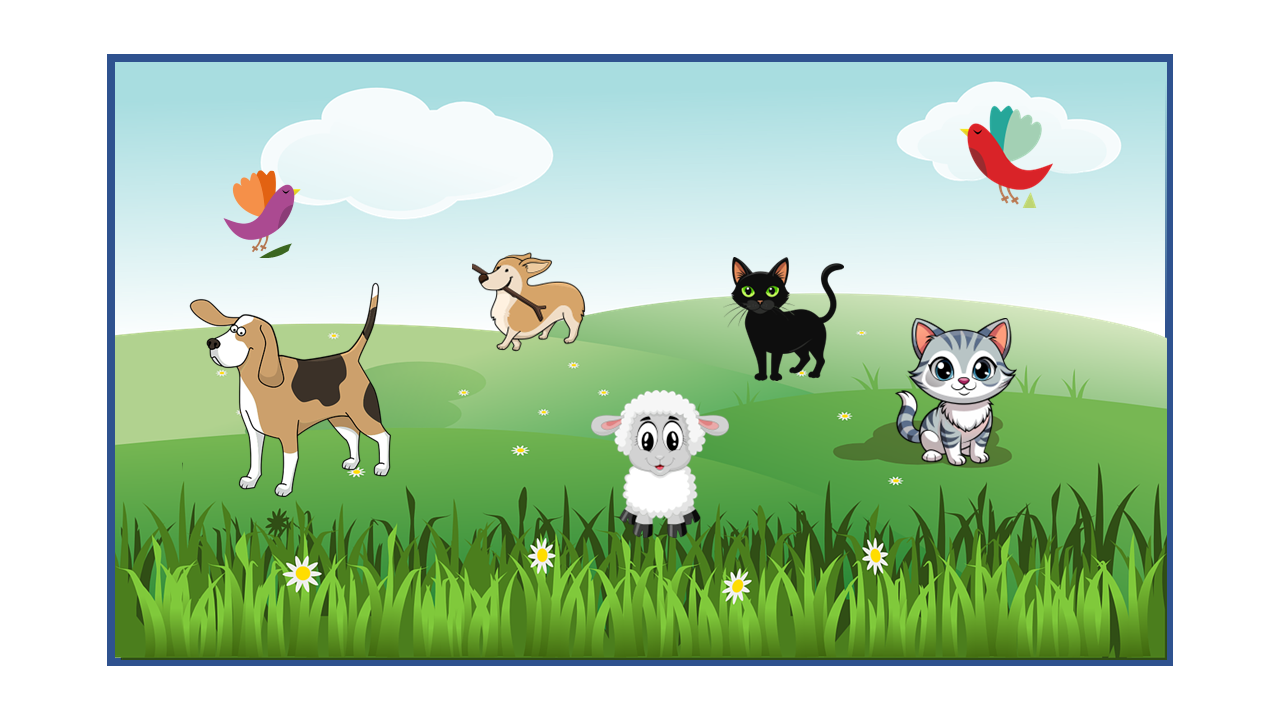
a) 10
b) 6
c) 7
d) 11
1. Which shape comes next in the pattern:
circle, square, triangle, pentagon, _______?
a) Hexagon
b) Circle
c) Triangle
d) Square
2. Which shape is the odd one out?
a) Square
b) Rectangle
c) Triangle
d) Circle
e) Hexagon
3. Which shape can you make by folding this paper in half, cutting along the dotted line, and then unfolding it?
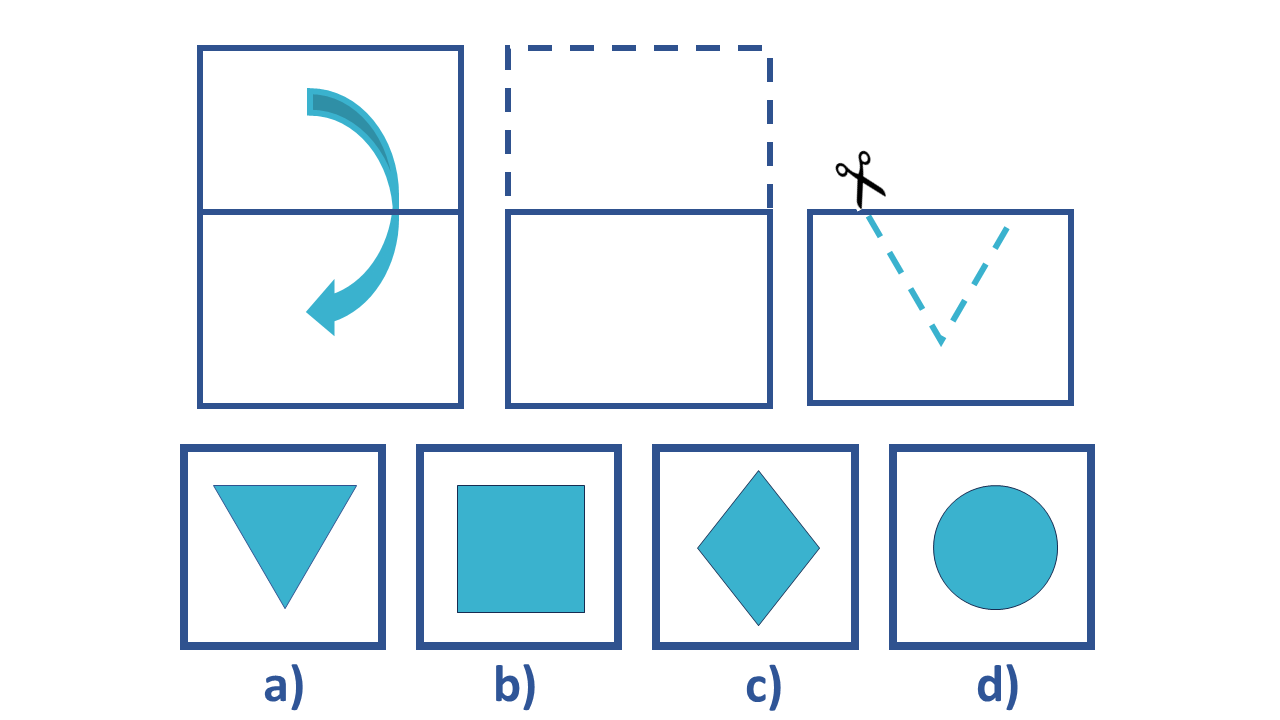
The CogAT test assesses cognitive abilities like reasoning and problem-solving in kindergarten students, aiding educators in identifying individual strengths and guiding instruction.
A CogAT score at or above the 95th percentile is typically considered gifted, indicating exceptional cognitive abilities compared to peers.
A good score on the CogAT test varies based on grade level and local norms but generally falls within the 70th to 90th percentile range, indicating above-average cognitive abilities compared to peers.
The CogAT test for kindergarten typically consists of around 118 to 124 questions, spread across three sections: verbal, quantitative, and nonverbal.
Encourage diverse problem-solving activities, like puzzles and reading, to develop cognitive skills. Familiarize your child with test formats through practice questions. Ensure they rest and eat well before the test to optimize performance.
Potential disadvantages include cultural bias in test content, limited scope in assessing creativity and practical intelligence, and potential stress for students.
Scores may not fully capture a child's abilities or potential, and overreliance on them can overlook individual strengths.
While not exclusively a gifted test, CogAT identifies cognitive strengths. High scores, typically above the 95th percentile, often indicate giftedness. However, other factors should be considered for gifted program eligibility.
The CogAT Kindergarten Test does not have a pass or fail score. It is designed to provide insights into a child's abilities and not to determine their eligibility for a particular program.
Yes, doing lots of CogAT Kindergarten Test prep with your child can help. You can find practice packs on TestPrep–Online.
It can familiarize them with the format and content and help build their confidence. But it's important not to overwhelm them or put excessive pressure on them during these sessions.
The duration of the CogAT Kindergarten Test can vary depending on the child's pace. Typically, it takes around 60-90 minutes to complete. The varying time frame for completion allows each child to work at their own pace and showcase their cognitive strengths.
While practicing can help children become more familiar with the test format and content, it is important to remember that the CogAT primarily assesses a child's natural abilities. It is not a test that can be easily studied for or significantly improved with practice alone.
Final Thoughts
The CogAT Kindergarten Test is a valuable tool for understanding a child's cognitive abilities. By familiarizing yourself with the purpose, format, and structure of the test, and providing the appropriate support and preparation, you can help your child approach the test with confidence.
Remember, the CogAT should be seen as an opportunity to gain insight into your child's strengths and areas for improvement, rather than a source of pressure or anxiety. Celebrate their efforts and support their overall growth and development.
Good luck!



